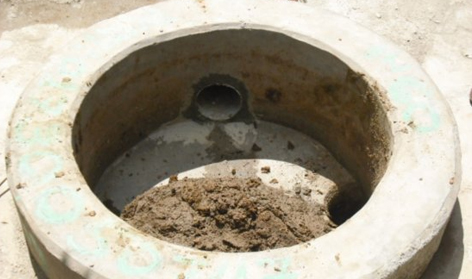- 1908
- Centre for Applied Philosophy, Politics and Ethics
- Waste and Energy Research Group
- Aggregating the Student Voice
- Aesthetics of protest: Visual culture and communication in Turkey
- Barrier Solutions
- BRIDGE (Building Research & Innovation Deals for Green Economy)
- Breathing City
- Brighton Fuse ‘Fusebox’ Knowledge Exchange Project (2014-15)
- Brighton Fuse
- brightONLINE
- Community 21
- Community Media 4 Kenya
- CETLD
- Continuous Productive Urban Landscape
- Culture, Sport and Wellbeing - What Works for Wellbeing Programme
- Digital Policy: Connectivity, Creativity and Rights - ESRC Seminar Series
- Designing for the Future
- Digital Archaeology:
- Drawing Research Interest Group (DRIG)
- Drawing as a pedagogical tool
- Drawing research
- Discovering Digital Me: Forging Links across Digital Identity, Digital Literacy and Digital Economy (2011 - 2013)
- E-ARK
- Edible Campus
- FutureCoast - FutureCoast Youth
- Flax – Increasing its Value for Society
- Graphic Brighton
- Here Today - Moving Images of Climate Change
- Healing War Through Art
- Hide
- ISEA
- The Role of Iconicity in Language Learning
- Improving Exercise Devices for Patients with Rheumatoid Arthritis
- Innovation for Renewal (IFORE)
- INTERREG IVA ProjectFlax
- Invisible Machines
- LGBT Queer Life Research Hub
- LiVi
- MacDonald Gill
- Mobility of the Line / Utility of the Line
- Networks - Subject Centre Magazine
- Networks
- National Recording Project - Sussex
- Our Dancing Feet: Regent Dancehall/Wintergarden
- Postgraduate Design History Society (PDHS)
- Placemakers Space
- Portland Sculpture and Quarry Trust: Memory Stones
- Ryerson Brighton image exchange
- Research news archive
- Silver Stories
- sKINship
- Smart e-bikes
- StoryA | STORY Abroad
- Structural Health Monitoring System (SHMS) for earthquake zones
- Tempus Esprit
- Transnational perspectives on women's art, feminism and curating
- The Centre for Screendance
- The Craft of the Woods: A New Cultural History of the British Woodcraft Movement
- The Design Education Association
- Traces of Nitrate
- Tempus CORINTHIAM
- Tempus IDEA
- Urban Transformations Pathways from Practice to Policy
- VI-Suite
- Visual Learning Project
- The People's Pier: The popular culture of pleasure piers and cultural regeneration through community heritage
Home » Projects archive » Waste and Energy Research Group » Waste Research » Biogas Plant Opportunities in Bangladesh
Biogas Plant Opportunities in Bangladesh

PhD Research Project - Mizan Khondokar
In Bangladesh the field of waste management is in its infancy. Currently the seventh populous country in the world, only around 18% of population has access to electricity and 73% of energy consumption comes from biomass fuel, such as agricultural residues, tree residues, fuel wood, and dung.
The use of biomass from trees is not only an ineffective means of energy generation but also extremely detrimental to the environment, with forest cover dropping to less than 9% of the country. The decrease in forest cover contributes, among other adverse affects on the environment, to the increase in likelihood of flooding. Anaerobic digestion might thus be an effective means to tackle both waste management and energy production.
This PhD research project seeks to develop practical solutions for sustainable waste management in Bangladesh, considering social, financial as well as environmental aspects in order to develop solutions, rather than just applying technologies.
The Life Cycle Assessment approach seeks to understand the opportunities for developing anaerobic digestion in Bangladesh while taking into account the impact of the whole process and having a complete understanding of the environmental costs and benefits of AD as an integrated solution for rural waste management and energy production.

